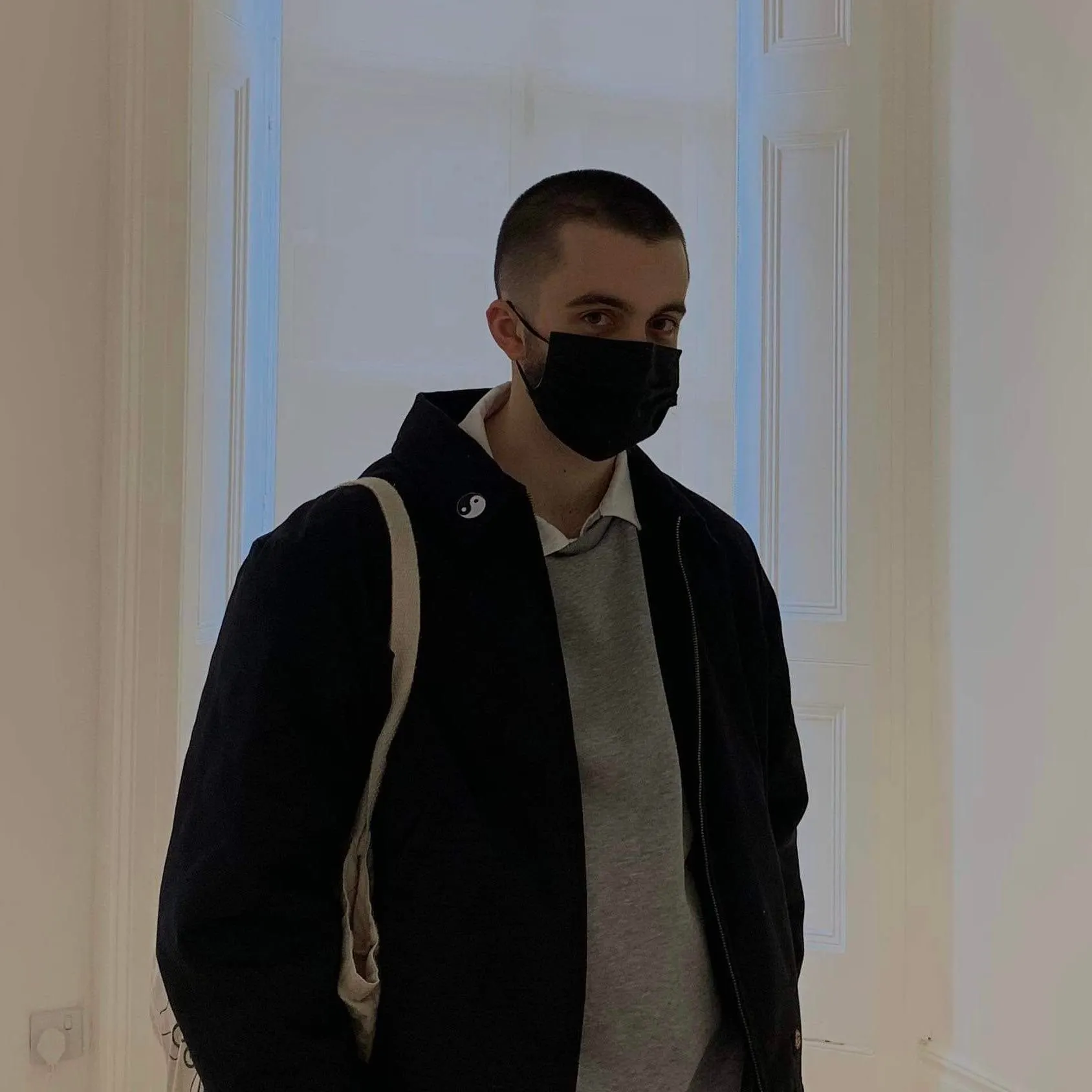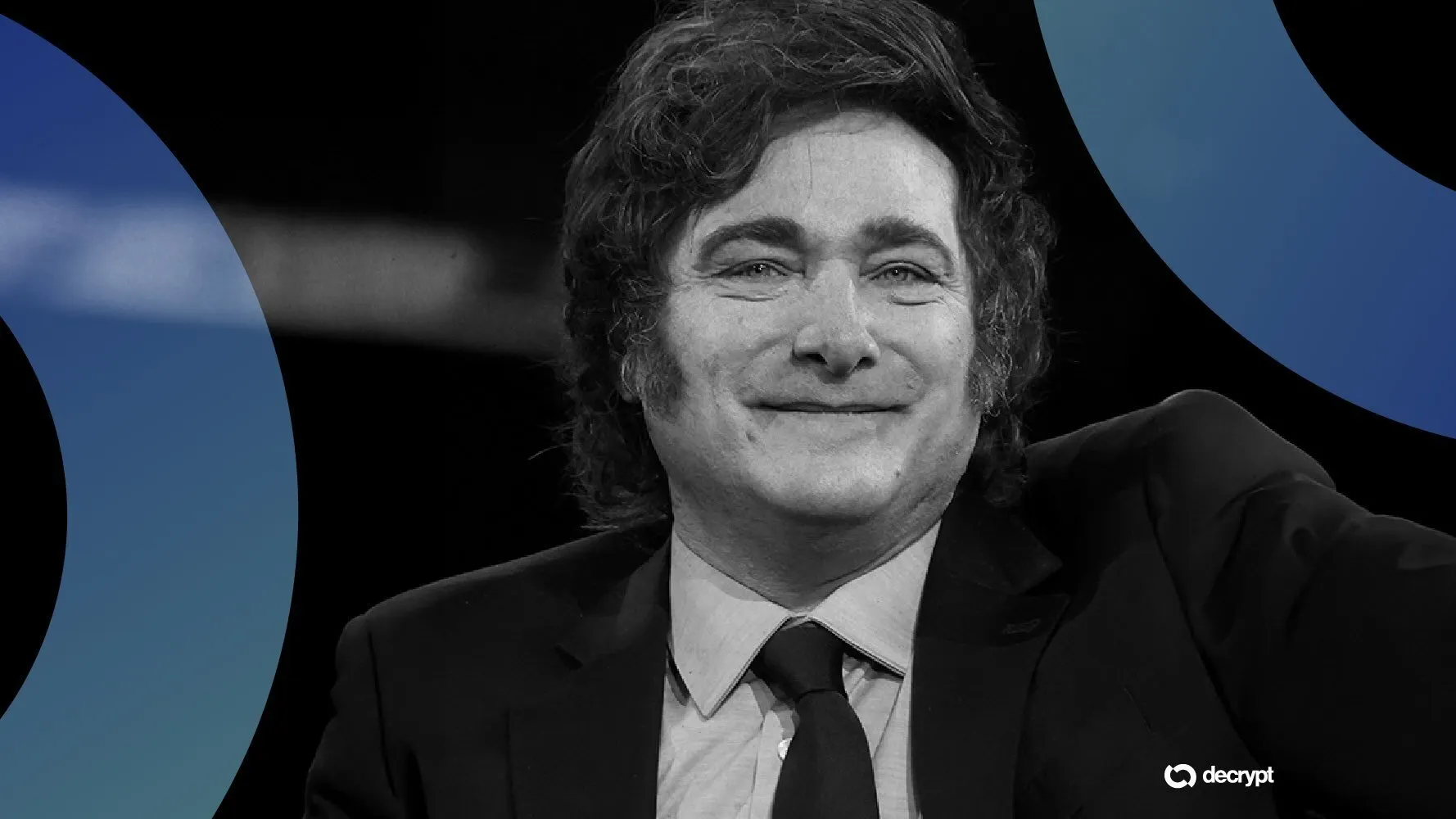In brief
- An Argentine judge has frozen funds associated with Hayden Davis and two suspected intermediaries, due to their connection to the Libra meme coin scandal.
- Investigators found that $507,500 was sent by Kelsier Ventures CEO Hayden Davis via crypto exchange Bitget less than an hour after President Milei posted a selfie with Davis.
- The Argentine Prosecutor’s Office suggested that this “could constitute possible indirect payments to public officials,” despite no concrete evidence the funds ended up with Milei.
An Argentine judge has frozen assets relating to the Libra meme coin scandal after investigators discovered potential “indirect payments to public officials” by Kelsier Ventures CEO Hayden Davis—one of the people behind the Solana token launch.
Specifically, Davis transferred $507,500 via crypto exchange Bitget just 42 minutes after President Milei posted a now-infamous selfie with Davis on social media—in which Milei said Davis had advised him on blockchain and AI.
While there's no concrete proof that the funds were transferred to Milei or an associate of his, the Argentine Prosecutor’s Office suggested that this “could constitute possible indirect payments to public officials,” according to local reporting. The prosecutor argued that intermediaries may have acted as “exit ramps” to make it more difficult to trace the funds.
LA TECNOLOGÍA ES ALIADA DE LA LIBERTAD
Hoy mantuvimos una muy interesante charla con el empresario Hayden Mark Davis, quien me estuvo asesorando sobre el impacto y las aplicaciones de la tecnología blockchain e inteligencia artificial en el país. Seguimos trabajando para… pic.twitter.com/LOX4xiyzhA
— Javier Milei (@JMilei) January 30, 2025
As a result, the court ordered the freezing of assets linked to Hayden Davis as well as the two suspected intermediaries, Favio Camilo Rodríguez Blanco and Orlando Rodolfo Mellino. Blanco was alleged, for example, to have helped with the movement of cash via safe deposit boxes just hours after the collapse of Libra.
The freeze came as a result of a technical report from the Secretariat for Financial Investigation and Recovery of Illicit Assets and the General Directorate of Asset Recovery and Asset Confiscation from the Public Prosecutor's Office. It will last until the case is resolved.
Launched in February, Libra was branded as a way to help fund small businesses in Argentina and promoted by President Milei on social media. It quickly pumped to a multi-billion dollar market capitalization before crashing 90% in a matter of hours, with Milei deleting his posts amid the resulting confusion and chaos.
Analytics firm Bubblemaps later linked on-chain activity from LIBRA to the launch of U.S. First Lady Melania Trump’s meme coin weeks earlier in January—a launch that was similarly marked by controversy, and also pumped briefly before collapsing in value.
The federal Libra case in Argentina is running parallel with a case in the United States, although it is pursuing different avenues. The U.S. case focuses on Meteora co-founder Benjamin Chow,as the mastermind of the operation, while downplaying Milei’s involvement.
The Argentine case, by contrast, is focused on the roles of Davis, Argentine lobbyists Mauricio Novelli and Manuel Terrones Godoy, and President Milei.
Documents revealed to the Argentine court claim that three months before the Libra launch, Novelli and President Milei spoke about creating projects that would “monetize the image of the president.” Novelli argued in the document that Milei’s image was a “very personal asset” that wouldn’t violate public ethics law.
Meanwhile, the U.S. class action lawsuit alleges that Javier Milei and Melania Trump were used as “props to legitimize” the “scam tokens.” It points to Chow as the "center of the enterprise," with Davis and Kelsier Ventures working under his instructions.
The U.S. courts originally froze $58 million worth of crypto linked to Davis and Chow in May. However, the funds were unfrozen in August as the judge said she was “skeptical” that the plaintiffs would succeed in their case.
Kelsier Ventures, Mauricio Novelli, and Manuel Terrones Godoy did not respond to Decrypt’s requests for comment.

